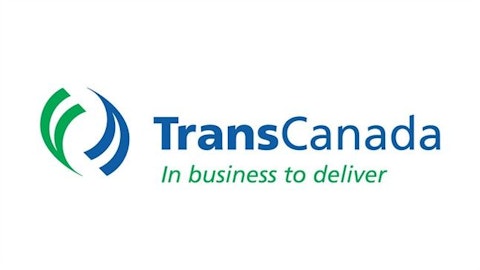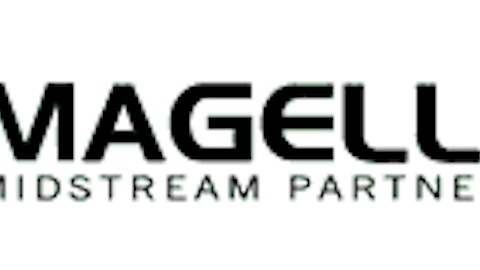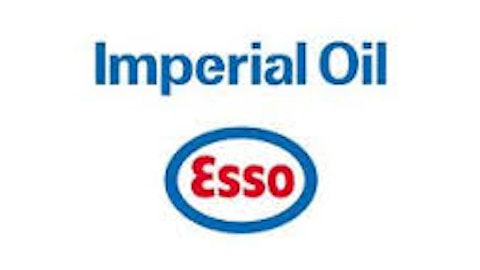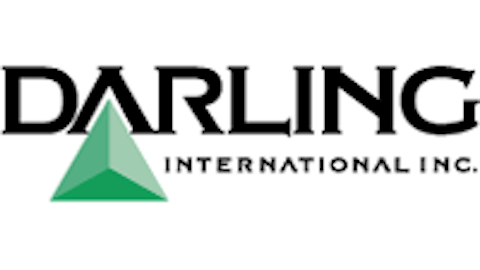Formally a NYSE-traded company founded in Dallas nearly 90 years ago, 7-Eleven was acquired in 2005 by the Tokyo-based retail giant Seven & i Holdings Co., Ltd. (TYO:3382). 7-Eleven had actually been a Japanese company long before that point, though. In the 1980s, 7-Eleven’s mismanagement nearly led the company right into bankruptcy. The company was bailed out by its largest franchisee, the Japanese Ito-Yokado, which purchased a substantial stake in 7-Eleven (Ito-Yakado would later become Seven & i Holdings Co., Ltd. (TYO:3382)). In 1991, Ito-Yokado increased that substantial stake to a controlling stake. Ever since that point, the 7-Eleven brand has grown under Japanese control, going from near bankruptcy to eventually surpassing McDonald’s Corporation (NYSE:MCD) in 2007 to become the largest retailer in the world (measured by store count).
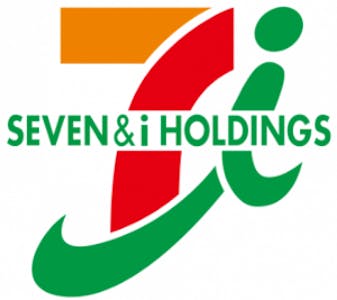
Japanese Strength
Japan has embraced the concept of convenience stores more than any other country. Out of 49,759 worldwide 7-Eleven locations, 15,072 of them are located in Japan. It is not just 7-Eleven, as the next two largest convenience store operators in the world also happened to be headquartered in Japan: FAMILY MART CO (OTCMKTS:FYRTF) and Lawson Products, Inc. (NASDAQ:LAWS)’s (Lawson Products, Inc. (NASDAQ:LAWS)’s being another former U.S. company, part of Sara Lee decades ago).
Increasingly busy lives make convenience stores an ideal shopping destination for consumers. It is there that busy customers purchase prepared and packaged food, alcoholic and non-alcoholic drinks and tobacco products, pay for and pick up online deliveries from Amazon.com, Inc. (NASDAQ:AMZN) and other online retailers, pay various utility bills and do basic banking transactions. Incidentally, my primary bank in Japan is the extremely convenient Seven Bank, Ltd. (TYO:8410), a publicly-traded subsidiary of Seven & i Holdings Co., Ltd. (TYO:3382) (7&i). While many traditional brick and mortar retailers in Japan have seen their sales decline in recent years, convenience stores throughout Japan have seen a steady rise.
Japanese Innovation
Although “convenience stores” and “innovation” are words not typically found in the same sentence, Seven & i Holdings Co., Ltd. (TYO:3382) is actually a fairly innovative operator of convenience stores. Aside from their core convenience store business and other traditional retail operations, 7&i has financial operations with the previously mentioned Seven Bank, Ltd. (TYO:8410), as well as Nanaco, its electronic money payment system introduced in 2007. Seven & i Holdings Co., Ltd. (TYO:3382) also has a number of online destinations, including 7-Net Shopping, which competes with Amazon.com, Inc. (NASDAQ:AMZN) Japan and others in the same product categories.
Seven & i Holdings Co., Ltd. (TYO:3382) also operates its own private label brand of products called Seven Premium and Seven Gold. Under these brands, 7&i sells alcoholic drinks (originally wine, but recently expanded to beer), packaged food, personal care products, household products, stationary products and clothing. These items can be found inside their brick and mortar locations, as well as their online stores. Additionally, some of these products have begun to show up in the United States, with Japanese Seven Premium snack foods being exported from Japan to 7-Eleven locations in Hawaii.
In recent years, the company has been busy developing a number of new support services. Seven-Meal is a food delivery service, where a variety of healthy meals are ordered online and delivered just in time for lunch at work or dinner with the family. Launched around this time last year, Seven Raku-Raku is a merchandise delivery service, where electric mini cars deliver store merchandise to a customer’s home or workplace. And Seven Anshin Delivery is the company’s custom-made light trucks that function as mobile stores. Beginning operations in 2011, these trucks are set up in remote areas with few shopping options and in areas to serve elderly people who cannot travel far for their shopping needs.

